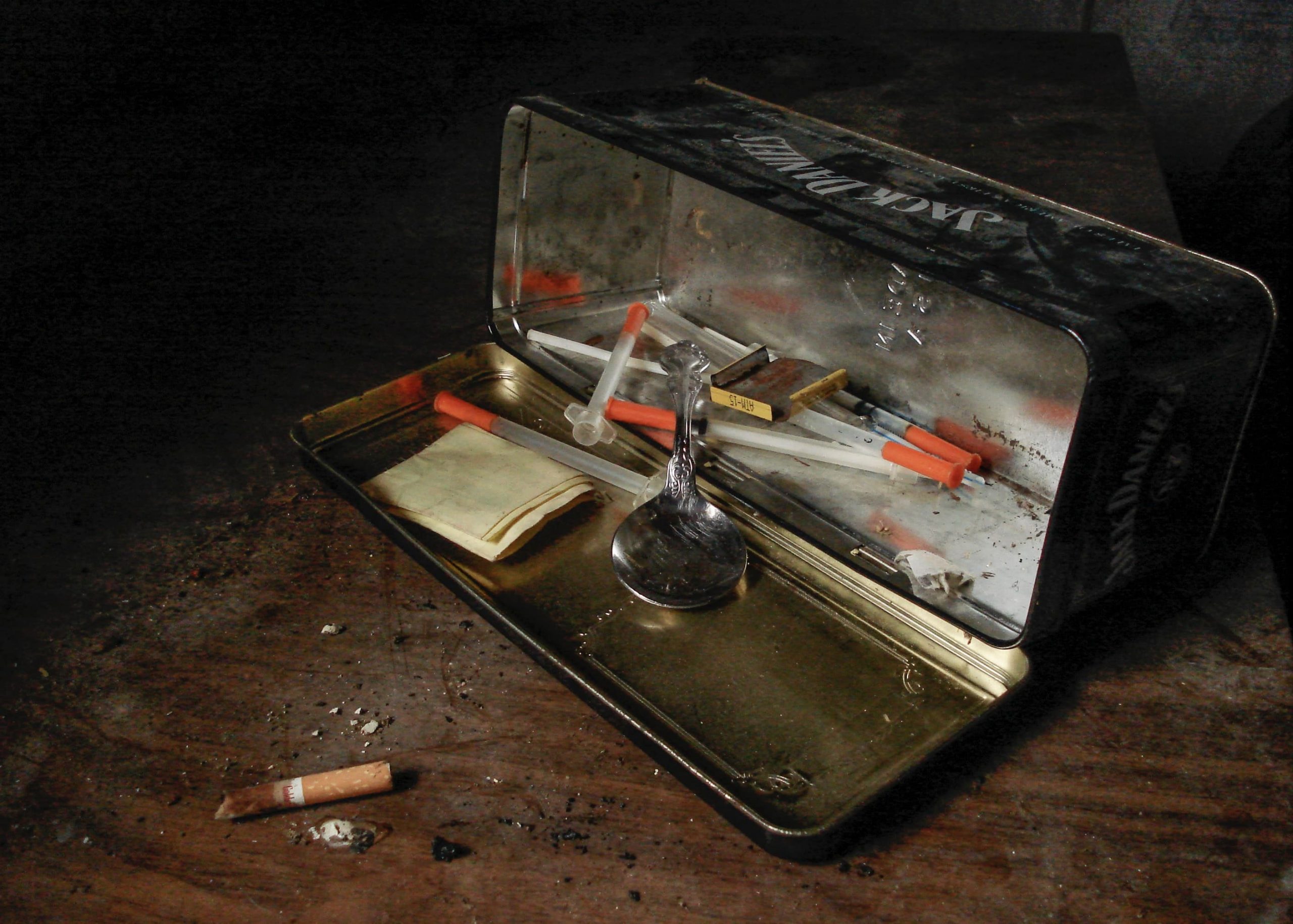Many adults consider bullying to be a natural part of growing up and often forget that there are future impacts on both the bully and the victim. Thankfully, this attitude is slowly changing, and steps are being taken to help those who are targeted by bullies.
But the toughest question to address is this—what turns a teen into a bully?
Teen Bullies Are Made, Not Born
No one was born bad. Even the histories of some of the most disturbing criminals will generally unveil deep traumas that led to the formation of destructive natures. As for your run-of-the-mill bully, the reasons why a teen may turn to bullying can often be much simpler, though still impactful.
Some common triggers for teens to turn to bullying others are:
- Being bullied at home – Teens who are bullied at home are far more likely to engage in bullying others. Often, it is a way to vent their frustration at their own helplessness in the teen’s home circumstances.
- Experiencing social pressure – Peer pressure can lead a teen into becoming a bully to maintain their status in the group. Even if the teen isn’t popular overall, their standing may require them to uphold a mean and tough attitude toward others.
- Feelings of isolation, low-self esteem – For those teens who are isolated, struggling with anxiety and depression, and/or low self-esteem, bullying can make them feel empowered. Bullying can also be an isolated teen’s way of winning the approval of peers.
- Lashing out for attention – Troubled teens who turn to bullying often lack the ability to communicate their need for attention and help. So, while they may know that bullying is wrong, some teens may not know how to get attention any other way.
- Poor emotional management – Like with teens who lash out for attention, teens who are unable to effectively manage their emotions can turn to venting their aggression on others. Often, this type of bullying isn’t preplanned, but the bullying teen doesn’t have any other effective way to release their emotions.
Types Of Bullying Behavior Your Teen May Display
There are different ways that your child may be bullying others, which may make it harder to identify if your teen is engaging in bullying behaviors.
Physical Bullying – Commonly, when parents think of bully, they envision the schoolyard bully who hits people. However, smaller acts of physical bullying—pushing, tripping, knocking books out of hands—can also be terrifying for the target of the bullying.
Verbal Bullying – With verbal bullying, it can be tempting for the parent of the bully to not take their child’s actions seriously. But verbal bullying can isolate the target of the bullying; and often, the bully is repeating hurtful things they think about themselves.
Cyberbullying – The type of bullying that is easiest to hide from parents is cyberbullying. From attacking other online to sharing private photos of their victim, cyberbullies can seriously damage their victims.
Social Bullying – When it comes to social bullying, things get a bit tricky. Children will form groups with those who share their interests, and forced friendships generally don’t work. However, when a bully excludes someone as a form of reinforcing their standing, that’s when social bullying can take a serious turn.
What To Do With Your Teen Bully
While the type of bullying your teen is engaging in will affect what you need to do, there are some steps you can take no matter what type of bullying your teen is engaging in.
Address your teen bully – Communication is critical when it comes to helping your teen. Do your best to approach them with love and patience—often, bullies are hurting and are likelier to respond to compassion than accusation.
Outline clear consequences for bullying – As part of your discussions with your teen, it is important that you make it clear that are consequences for continued bullying behavior. Also, with the consequences clear for your teen, they will not be able to pretend like there is no real problem when it comes to bullying others.
Work with school – In many cases, bullying predominantly happens at school. To help address your teen’s bullying behavior effectively, you will likely need to coordinate with teachers, school administrators, and the guidance counselor.
Take your teen to therapy – Often, teenagers are unable to understand why they bully—and the real impact of bullying—without outside help. If your teen hasn’t been responsive to your attempts to work with them, it may be time to bring in professional help. With the additional guidance of a therapist who specializes in working with teens, your teen may be able to successfully address the root triggers for their bullying behaviors.
Layout rules concerning technology – Cyberbullying is a common type of bullying, so to help limit a teen’s ability to bully, you may want to lay out rules surrounding technology use. Some helpful rules are no smartphones in bedrooms, computers are in public rooms, technology curfews, etc.
Have teen volunteer with you – Often, teens are able to bully others as they lack empathy for their victims. To help your teen learn to empathize with others who are different from themselves, you may want to take them with you to volunteer. Most nonprofits require an adult for any minor volunteer, and it can give you an opportunity to maximize the lessons your teen should learn from volunteering.
Consider therapeutic boarding school – Sometimes, your local resources aren’t enough to help a teen bully change their ways. However, there are therapeutic boarding schools for troubled teens that can help teens address the root causes of their struggles. That way, the teens can let go of the issues that have been holding them back and finally move forward positively.
Most importantly, if your teen is bullying others, don’t give up on trying to help them. As the parent of the bully, you can have the greatest impact on whether or not your teen changes for the better, so never give up hope that your teen can become the person you’ve always known they can be.











0 Comments